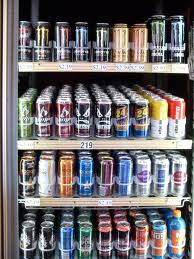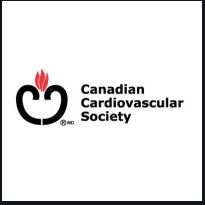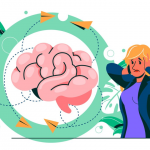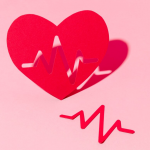We have come a long way since the early 1900s, when cocaine and alcohol were removed from the Coca-Cola recipe. But don’t kid yourself – there are still serious health concerns associated with the consumption of energy drinks.
The Journal of the American Medical Association has recently published a few very valuable articles on this topic, and I’d like to share some key points with you:
1. How much caffeine is in my drink?
One of the concerns about energy drinks is the amount of caffeine they contain. You might be surprised at the variability of caffeine content in various pops and energy drinks – from 15mg in an Arizona Green Iced Tea to a whopping 286 mg in a Spike Shooter. Did you know that even Mountain Dew contains caffeine? Consult the full list here.
2. What are the health risks associated with energy drinks? From the article:
-
Increased heart rate
-
Irregular heart rate and palpitations
-
Increased blood pressure
-
Sleep disturbances, including insomnia
-
Diuresis (increased urine production)
-
Hyperglycemia (increased blood sugar) is related to all beverages with high sugar content. This can be harmful for individuals with diabetes or other metabolic health problems.
3. What is the maximum recommended daily amount of caffeine? In the US (from the article):
My comment – 500mg may be way too much for some people (myself included) – read more about caffeine, how long it can last in your system, and how it can affect your sleep, here.
4. What is the risk of mixing energy drinks with alcohol? From a related article:
First, by offsetting the sedating effects of alcohol, the caffeine component of alcohol mixed with energy drinks reduces the sensation of intoxication (drunkenness).
Second, reduced sensation of intoxication impairs judgment relative to risky behaviors (eg, drunken driving) because drinkers do not realize that they are intoxicated.
Third, reduced sensation of intoxication induces more alcohol consumption, which further impairs judgment and neurocognitive functioning.
Students who consumed alcohol mixed with energy drinks, relative to those who consumed alcohol without caffeine, were more likely to experience a variety of drinking-related negative consequences, including approximately double the risk of experiencing or committing sexual assault, riding with an intoxicated driver, having an alcohol-related motor vehicle crash, or requiring medical treatment.
5. Is there a lethal amount of caffeine? From the third article:
Cup of skim milk, decaf Americano, or glass of water, anyone?
Dr Sue Pedersen www.drsue.ca © 2013
Follow me on Twitter for daily tips! @drsuepedersen












